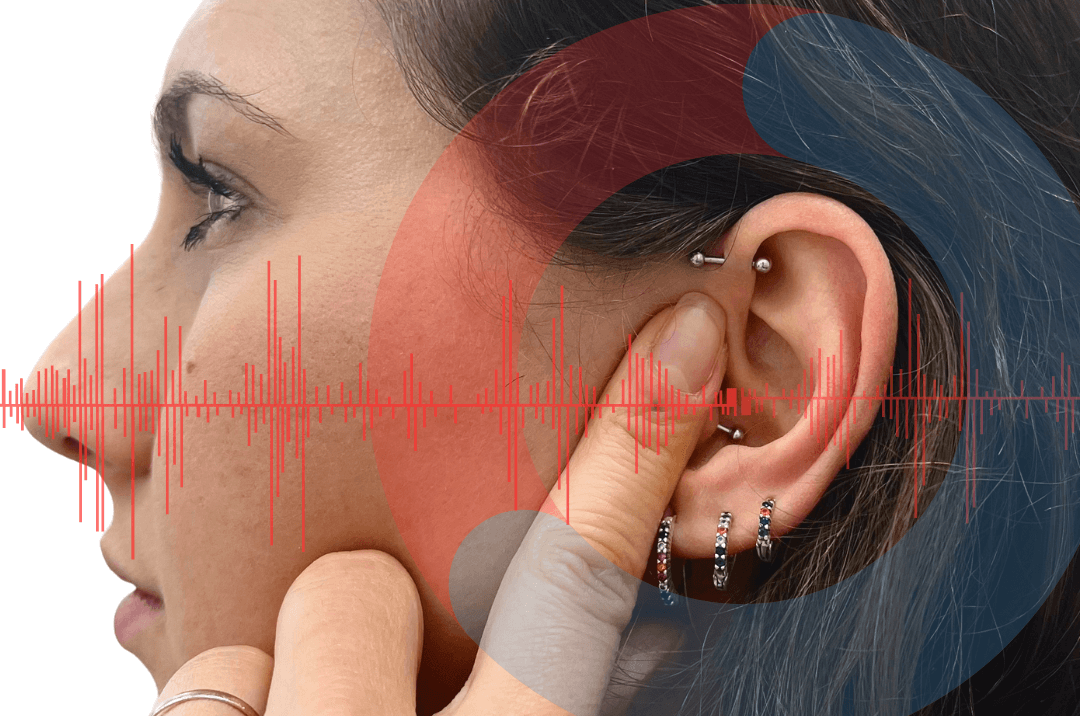
What Is Diplacusis?
Diplacusis is a rare hearing disorder in which a single sound is perceived differently by each ear. Instead of hearing
Pulsatile tinnitus is different than the traditional tinnitus described above. Basically, it is a rhythmic thumping or whooshing in one or both ears. Significantly, this rhythm follows the pattern of your heartbeat. This kind of tinnitus is more likely to have an underlying medical condition that needs to be treated. If this form of tinnitus sounds familiar to you, you should visit your GP or local Audiologist.
There is a lot of blood around and going to the ears. This means that any type of disorder which affects the vascular system may cause pulsatile tinnitus. There are a huge range of conditions that can cause this type of tinnitus, but here are a few of the most common:
Pulsatile tinnitus can be diagnosed by an Audiologist or ENT consultant after a comprehensive evaluation and several different tests. As we already stated, tinnitus is the symptom of another condition. This means that for the tinnitus to improve, the underlying condition needs to be treated. A lot of vascular conditions can be managed with medication, which in turn can reduce the pulsatile tinnitus. The most important thing is to ensure you have a correct diagnosis of the underlying condition so that the correct condition is being treated.

Occasionally, in some rare cases, pulsatile tinnitus can happen with no underlying cause. In this case, sufferers are often prescribed treatment such as relaxation and counselling techniques.
Tinnitus can be exceptionally bothersome, affecting all aspects of life. The effects can be debilitating and include fatigue, stress, difficulty concentrating and carrying out tasks, sleep problems, headaches and depression. This is why it is so important to seek a diagnosis for the cause of your tinnitus so it can be treated. If you would like any further advice, or to book yourself in for a tinnitus consultation, please just give us a call.

Diplacusis is a rare hearing disorder in which a single sound is perceived differently by each ear. Instead of hearing

Whether you have children in your life or not, we’re willing to bet you’ve heard of Peppa Pig and her

Tinnitus is the perception of sound when there is no external source. It is commonly described as a ringing in